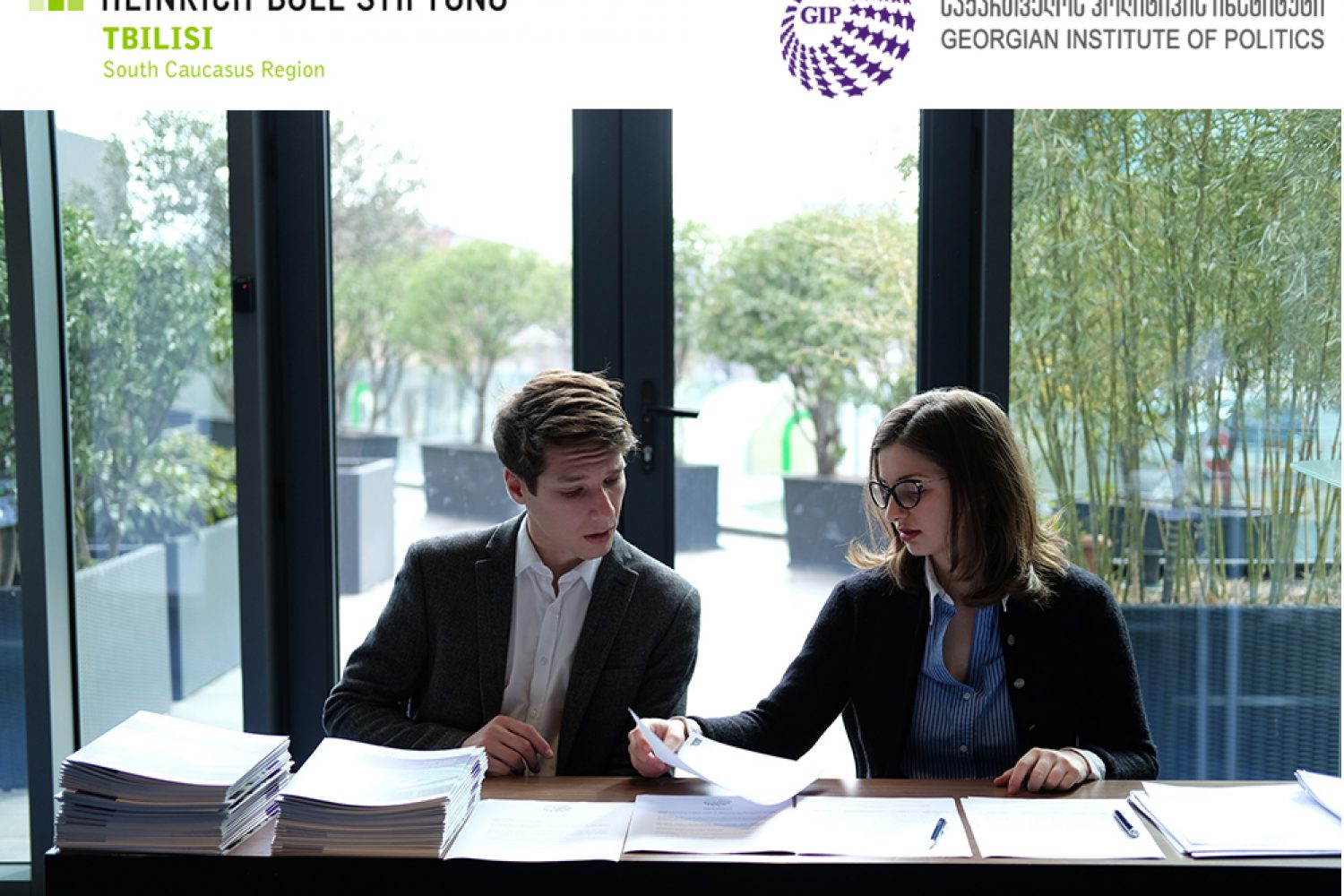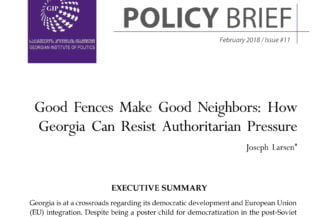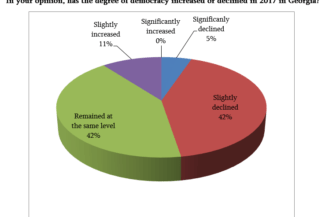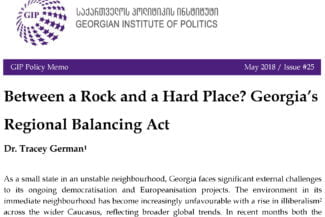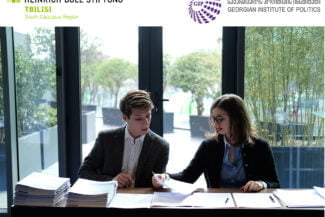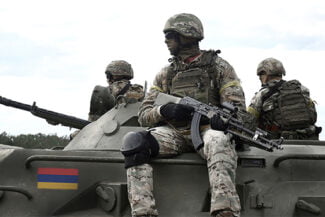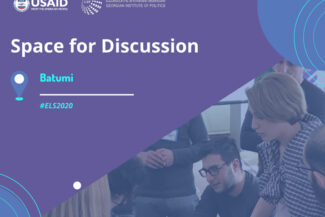Georgian Institute of Politics (GIP) together with the Heinrich Boell Foundation Tbilisi Office – South Caucasus Region is launching the project “Current State and Trends of Turkish Foreign Policy in the South Caucasus”, which aims at encouraging young researchers from Armenia, Azerbaijan, and Georgia to develop relevant policy briefs on contemporary Turkish Foreign Policy towards South Caucasus region.
In the framework of the project, the organizers are pleased to announce a call for two young researchers from Georgia. Similar calls will also be announced in Armenia and Azerbaijan, overall recruiting six young fellows from the South Caucasus region. Proposed topics for policy briefs are the following:
- Economy
- Turkey as a key investor
- Turkey as a key trade-partner
- Visa Liberalization
- Role of a deep sea port in Anaklia/Poti
- Tourism
- Energy
- Baku-Tbilisi-Ceyhan oil pipeline, Baku-Tbilisi-Erzurum gas pipeline, and Southern Gas Corridor pipeline
- Close energy cooperation between Azerbaijan, Georgia, and Turkey
- Future of Caspian Sea after the agreement with littoral states
- Security
- Military Cooperation with Georgia
- Training for Georgian army by Turkey in the NATO context
- The growing militarization of the Black Sea region
- Turkey-Russia relations and implications for Georgia
- Conflicts
- Turkey’s role in Abkhazia
- Gender
- Labor migration to Turkey (special emphasis on gender issues)
Researchers are free to offer topics of their choice which are not listed above. However, it is important to stay close to the main line of interest – contemporary Turkish foreign policy towards Georgia against the background of the recent domestic developments in Turkey.
All six selected researchers from Georgia, Armenia and Azerbaijan will take part in a kick-off training in Tbilisi, which will take place on December 19, 2019. During the training, researchers will be introduced to their mentors and will discuss working plans, guidelines and research methodology. Policy briefs should be written in English. Their length is limited to 2,000-2,500 words.
Policy briefs should provide analyses of Georgia-Turkey relations with the emphasis on Turkey’s role and foreign policy approach towards Georgia and the South Caucasus and its consequences for the EU. Policy briefs will be publicly presented in April 2020 in Tbilisi at an international conference on Turkey’s foreign policy towards South Caucasus with participants from Germany, Turkey, Russia, and the three Caucasian states. This call is part of a broader project of the Heinrich Boell Foundation looking into Turkey’s role in the common neighborhood with the EU particularly the South Caucasus, Balkans, and the Middle East.
Eligibility: The criteria for selecting young researchers are the following:
- MA degree in political science, international relations, or other social science disciplines;
- Age – up to 35;
- Fluency in English;
- Excellent writing and analytical skills;
- Good verbal communication skills;
- Interest and some background on Turkey related issues. Previous publications on Turkey is an asset;
- Turkish language is an asset;
- Good track record of publications is an advantage;
- Commitment to take part in the kick-off training and the closing conference in Tbilisi.
Submission: Interested candidates should send:
- CV
- 1-page research abstract
The documents should be submitted by email to Givi Silagadze at [email protected] latest by 5 December 2019. Each selected researcher will receive an honorarium of 975 GEL gross throughout the project.
Selection Timeframe:
- December 5, 2019: Deadline to submit CVs and abstracts
- December 5-10, 2019: Interviews with shortlisted candidates
- December 11, 2019: Selected candidates are informed about the decision
- December 19, 2019: Kick-off training in Tbilisi for researchers
Project is implemented in cooperation with the Heinrich Boell Stiftung Tbilisi Office – South Caucasus Region



